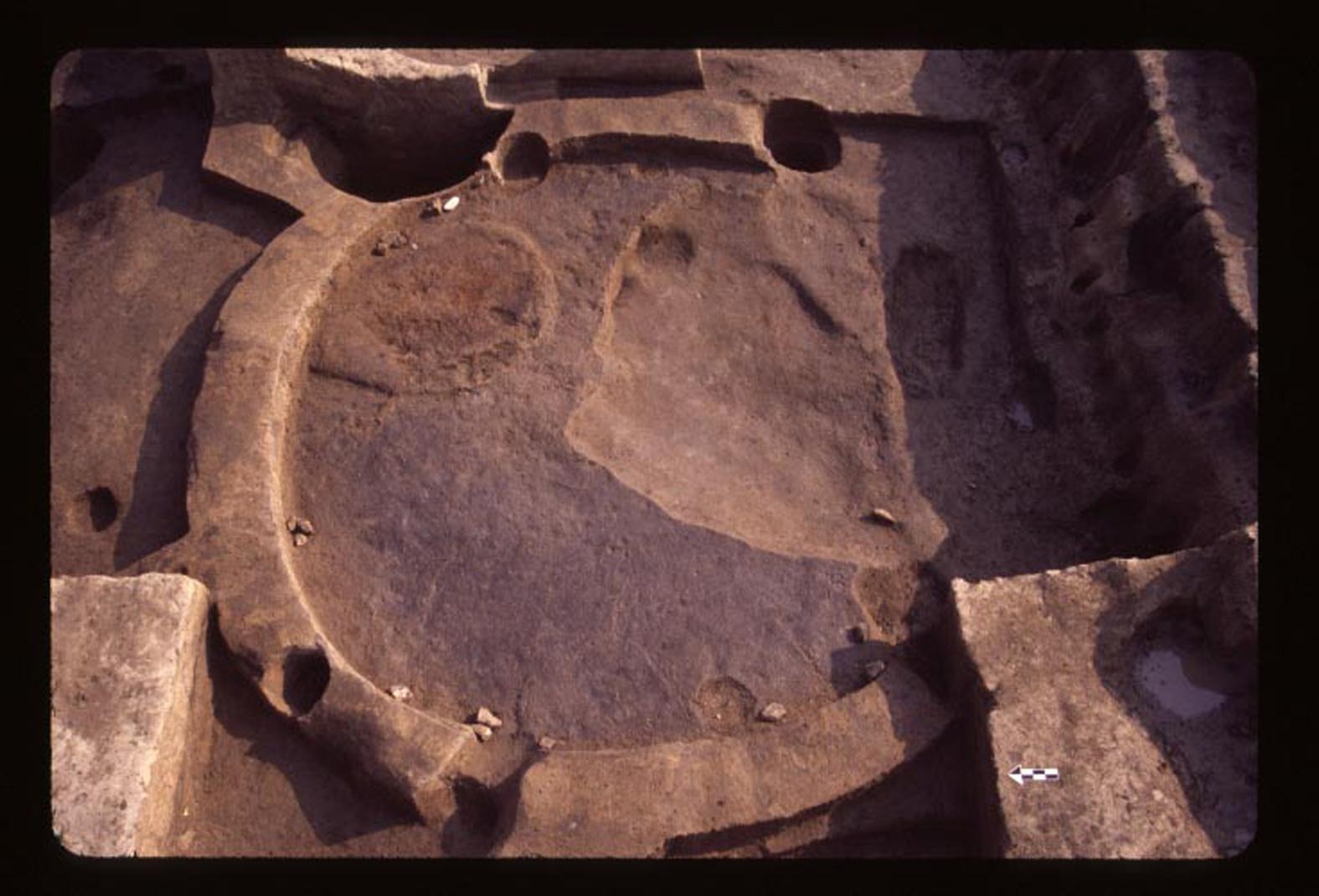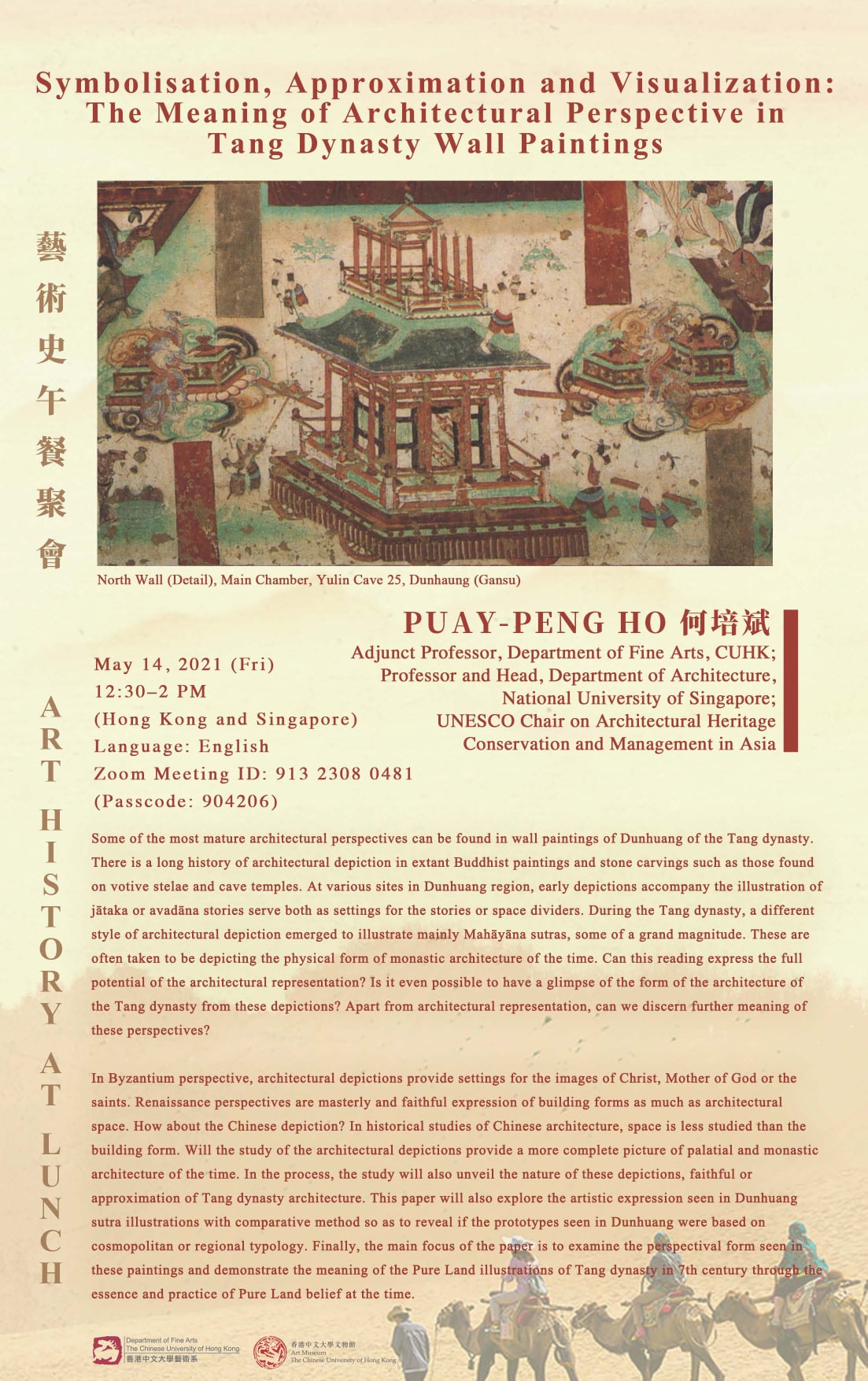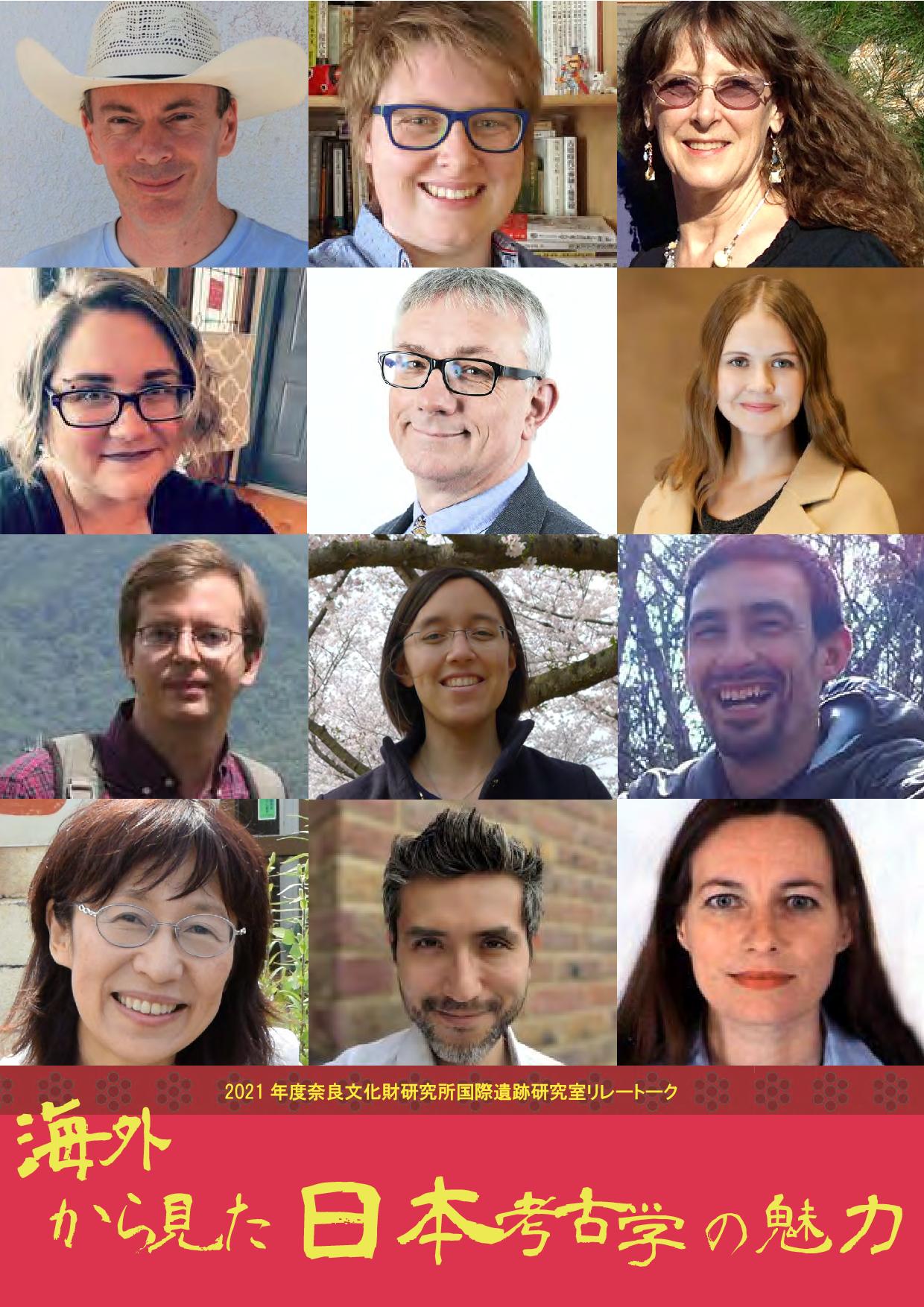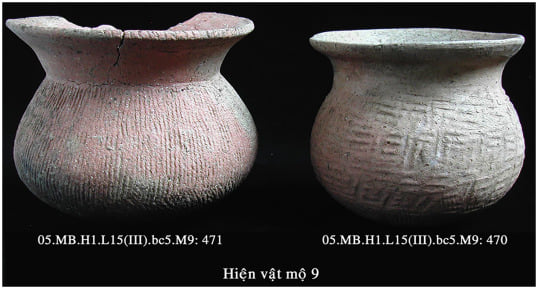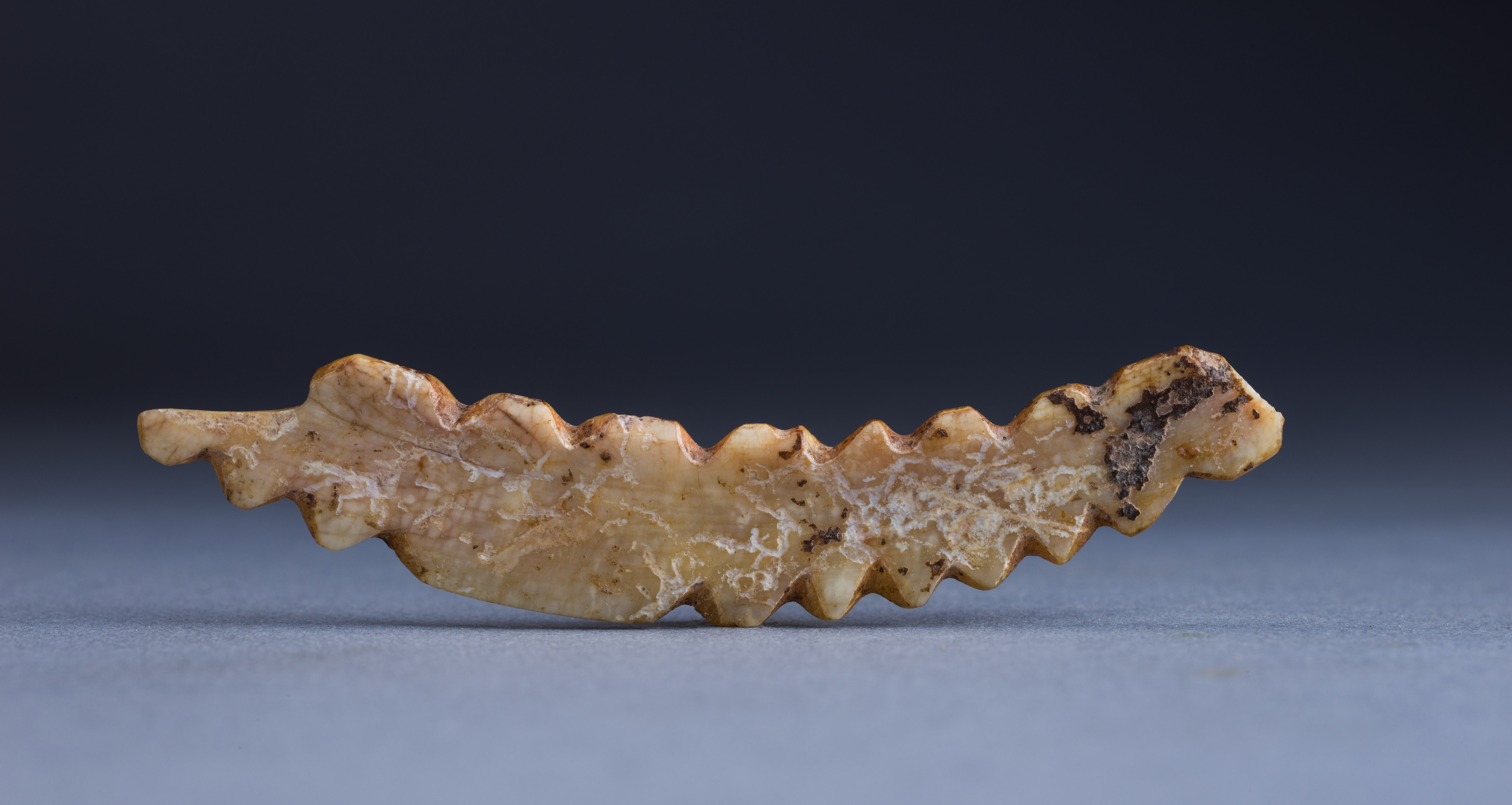SEAA News Blog
New fieldwork or research discoveries? Upcoming conference or workshop? New job opening or fellowship posting? New book?
Share the latest news of your work with your colleagues, advertise for job or fellowship openings, find participants for your conference session and more on the SEAA blog.
Guidelines: All posts should be related in some way to East Asian Archaeology. When writing your post, please use capital letters for surnames. Original script (Chinese, Korean, Japanese) for East Asian place names, personal names, or archaeological terms is encouraged. For the transcription of East Asian language terms, Pinyin for Chinese, Hepburn for Japanese, and the Korean Government System (2000) for Korean is encouraged.
Contributions should be limited to around 500 words and 1-2 images. For longer descriptions of your projects, you may consider the Reports section of the Bulletin (BSEAA).
Members can submit their news posts to the SEAA web editor via the website (see SEAA Members' Area for details and instructions on blog submissions) or via email. Non-member contributions are also welcome and may be submitted via email to the SEAA web editor.
The editor(s) reserves the right to carry out minor editing, or to decline contributions inappropriate to the objectives of SEAA.
Dear SEAA members and other scholars of East Asia,
On behalf of the SEAA Executive Board, it is my pleasure to announce the winners of the Student Award competition. Given in conjunction with SEAA conferences, the award is made to undergraduate and graduate students based on their submitted research papers. Each award consists of a $250 book prize, along with a complimentary 3-year membership in SEAA.
With the generous support of the Tang Center for Early China, the Department of East Asian Languages and Cultures at Columbia University is pleased to invite applications for a one-year Postdoctoral Research Scholar position in Early China Studies, to start on September 1, 2021, and end on August 31, 2022.
The Stanford Archaeology Center announces a postdoctoral position for an archaeobotanist with experience in analyses of micro- and/or macro-remains (phytolith, starch granules, and seeds) and lab management. The research area is open, but priority will be given to someone working on East Asian materials. The candidate is also expected to teach one course per year in archaeobotany, assist with regular management of the lab, help with teaching archaeobotanical methods in other courses as needed, and engage with faculty and graduate students at the Center. The faculty sponsor of this postdoc will be Prof. Li Liu.

